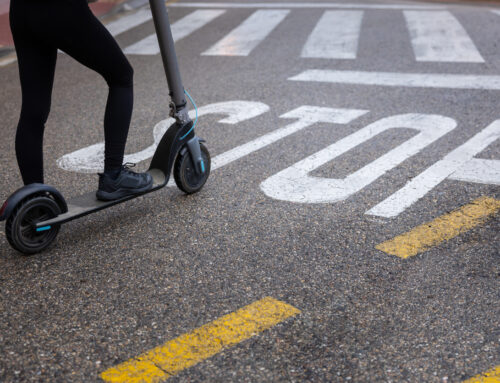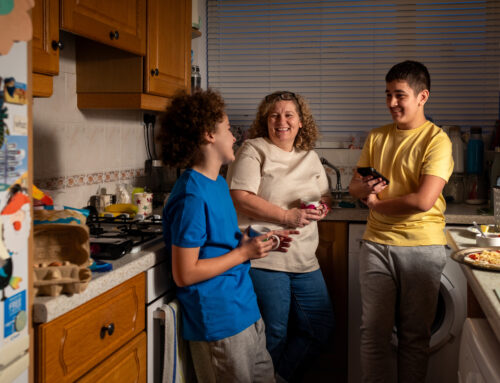How to Say “No” – Simple and Effective Refusal Tactics for Underage Drinking

It can be tricky to navigate social situations where you feel peer pressure to do something you don’t want to do, like drink alcohol underage. But it can be much easier if you learn skills for saying “No” without feeling like you look uncool or feeling left out by your friends.
Refusal Skills
Refusal skills are techniques that can help you resist peer pressure and say “No” to things you don’t want to do. It’s easier to avoid underage drinking and other risky situations when you’re prepared with easy and effective refusal skills. Start with these six ways to say “No” without saying “No”:
- “I’m good right now.” Often, the best solution is to keep it simple.
- “I don’t want to get grounded.” Placing the blame on your parents is an easy way to avoid underage drinking. When confronted with alcohol, there’s no one better to blame than parents for deciding not to take a sip.
- “I’d be kicked off the team.” If saying “No” isn’t enough, you can blame a coach or teacher who would suspend you from an activity for drinking alcohol. You can also explain that you want to focus on doing well in your chosen activity and that alcohol has a negative impact on performance.
- I’m driving tonight.” Being a responsible driver means staying sober, and it’s the perfect reason to turn down an alcoholic beverage. Remember that North Carolina has a zero-tolerance policy for underage drinkers who get behind the wheel, so if you drink any alcohol and you are pulled over by the authorities, your driver’s license will be revoked, and you will face criminal charges.
- “I’d rather do something else.” Sometimes, teenagers turn to drinking because they don’t have a better option. Come up with a list of fun, sober activities you can suggest to your friends when you are considering attending a party where alcohol will be served. You can organize a video game tournament, host board game night, have a pizza party, host a movie night, play sports, sing karaoke, or anything else that you enjoy doing with your friends that does not involve drinking alcohol. Be creative and show your friends that they don’t need alcohol to have a great time.
- “I have to go home.” If you get into an uncomfortable situation, it’s important for you to know that your parents or a trusted adult will come to the rescue, no questions asked. Talk to your parents and create a plan or code word you can secretly text if you need to be picked up from a party or other location that feels unsafe. Since the priority is your safety, work together with your parents to create a plan where you will not be punished for asking for help to get out of a bad situation.
Practicing these six refusal skills can significantly help you when faced with alcohol before the age of 21. However, understanding why you say “No” can make a big difference. The stronger your reasons, the more confident you’ll be in standing your ground.
Get the Facts About Underage Drinking
First, it’s important to understand how alcohol can negatively affect your brain development and performance. This knowledge can reinforce your motivation to resist peer pressure. When you know the potential risks, you’ll feel more confident in your decision to say “No.”
Next, developing a strong sense of self and independence can empower you to resist peer pressure. The more comfortable you are with your own identity, the easier it will be to stay true to your values, even when faced with temptation.
Another key factor is the support of like-minded friends. While many teens aren’t drinking underage, peer pressure can still be powerful. Talk with your friends about avoiding underage drinking and set expectations together. With a strong group of friends who share your values, saying “No” becomes a shared decision, making it easier to avoid risky situations.
Start the Conversation
Finally, the most crucial support comes from your parents or a trusted adult. Having open conversations with them about underage drinking can make all the difference. Their guidance and support can help you practice refusal skills and give you the confidence to stand up to peer pressure.
Start the conversation with your parents today, and you’ll be better prepared to make healthy choices when the situation arises.



